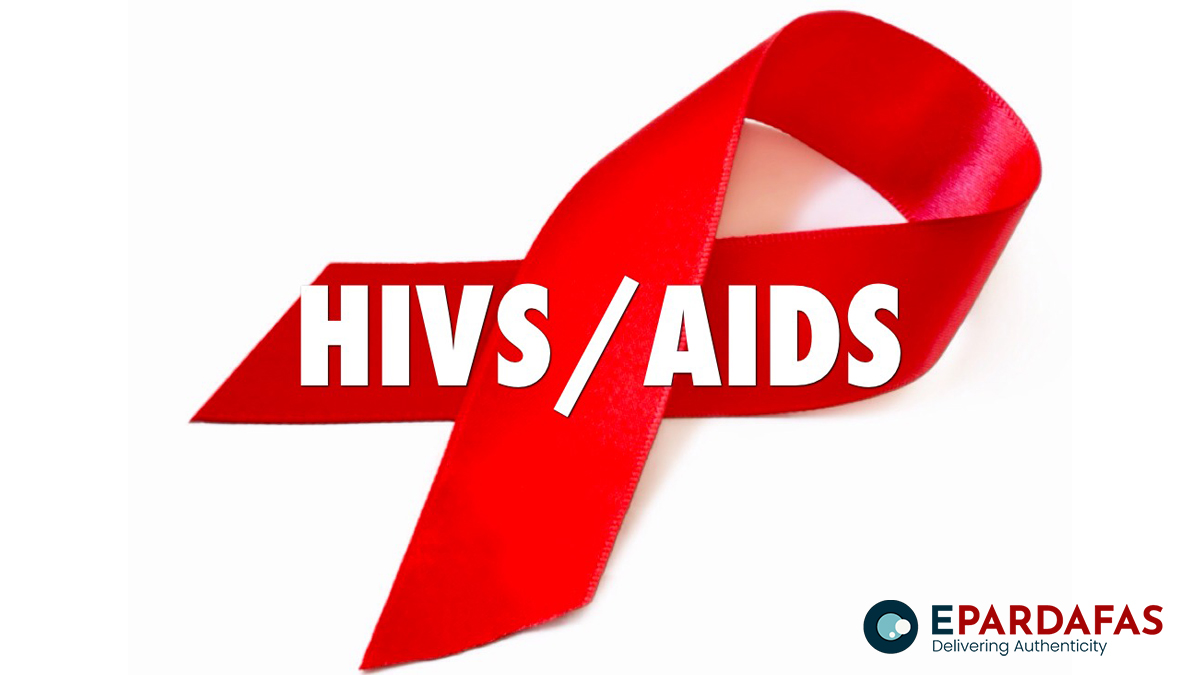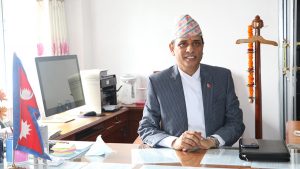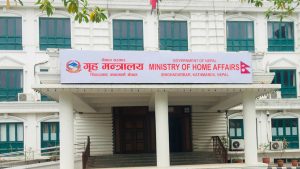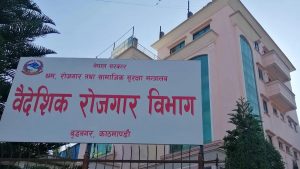
Alarming Rise in HIV-Related Deaths in Far West; Urgent Measures Needed
A concerning surge in HIV-related deaths has been reported in the Far West region of Nepal, with 226 individuals succumbing to the virus in the past three years. The data, provided by the provincial health directorate, highlights a critical situation that demands immediate attention and intervention.
Of the 226 fatalities, 154 were men, and 72 were women, all of whom were receiving regular treatment and medication for HIV. The statistics represent individuals who had sought care from health institutions, indicating that the actual toll may be higher considering those who did not have contact with such facilities.
In the fiscal year 2079/80 alone, 64 individuals lost their lives while under treatment. The previous year, 2078/79, witnessed 79 deaths, and in 2077/78, 83 people undergoing HIV treatment passed away. Kailali emerged as the district with the highest number of deaths in the most recent fiscal year.
Disturbingly, Kailali Seti Provincial Hospital reported 32 deaths, with 18 occurring during regular treatment, 6 in Malakheti Hospital, and 8 in Tikapur Hospital. The fatalities included 11 women, 20 men, and one from the sexual and gender minority community. The figures indicate a significant increase compared to the zero deaths reported at Malakheti Hospital in the previous fiscal year.
In the last financial year, Doti witnessed 13 HIV-related deaths, followed by four in Bajhang, two in Bajura, three in Baitadi, and single deaths in Mahakali Hospital in Darchula, Dadeldhura, and Kanchanpur. Doti, the second most affected after Kailali, experienced a rise in deaths in 2079/80 compared to the previous fiscal year.
The dire situation has prompted health officials to intensify efforts in identifying and treating infected individuals. In the last fiscal year, 173 new HIV cases were detected through tests conducted by government health institutions, while 81 were identified through tests conducted by various organizations. Bajura reported four new cases in August alone.
Presently, 3,626 individuals in the Far West region are receiving medication from Antiretroviral Therapy (ART) centers. Kailali has the highest number of ART users, with 1,091 in Seti Provincial Hospital, 337 in Malakheti Hospital, and 563 in Tikapur Hospital.
Despite efforts to combat the disease, challenges persist, including issues related to poverty and access to proper nutrition for infected individuals. Meena BK, president of Bajura Plus, emphasized the need for governmental support in areas such as housing, employment, and health for those affected by HIV.
While the National AIDS Strategy, 2016-2021, aims to reduce new infections and AIDS-related mortality, the Far West region faces challenges due to factors such as migration for employment and the continued practice of hiding the disease. Authorities stress the importance of early detection and treatment, emphasizing that timely intervention is crucial in preventing further HIV-related deaths in the region.














Comments